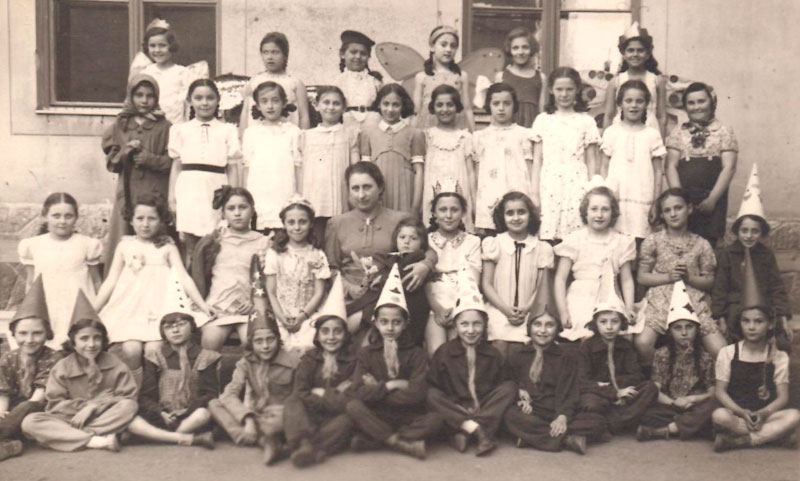Marianne Laszlo – Video Testimonial
Copyright USC Shoah Foundation The video is brought to you by the USC Shoah Foundation Institute (http://dornsife.usc.edu/vhi), which was founded by Steven Spielberg in 1994. The Institute has video testimonies of 52,000 Holocaust survivors, witnesses, liberators, and others. Each individual’s video testimony was indexed with the specific terms, names, places, and dates applied to noted… Continue Reading Marianne Laszlo – Video Testimonial

